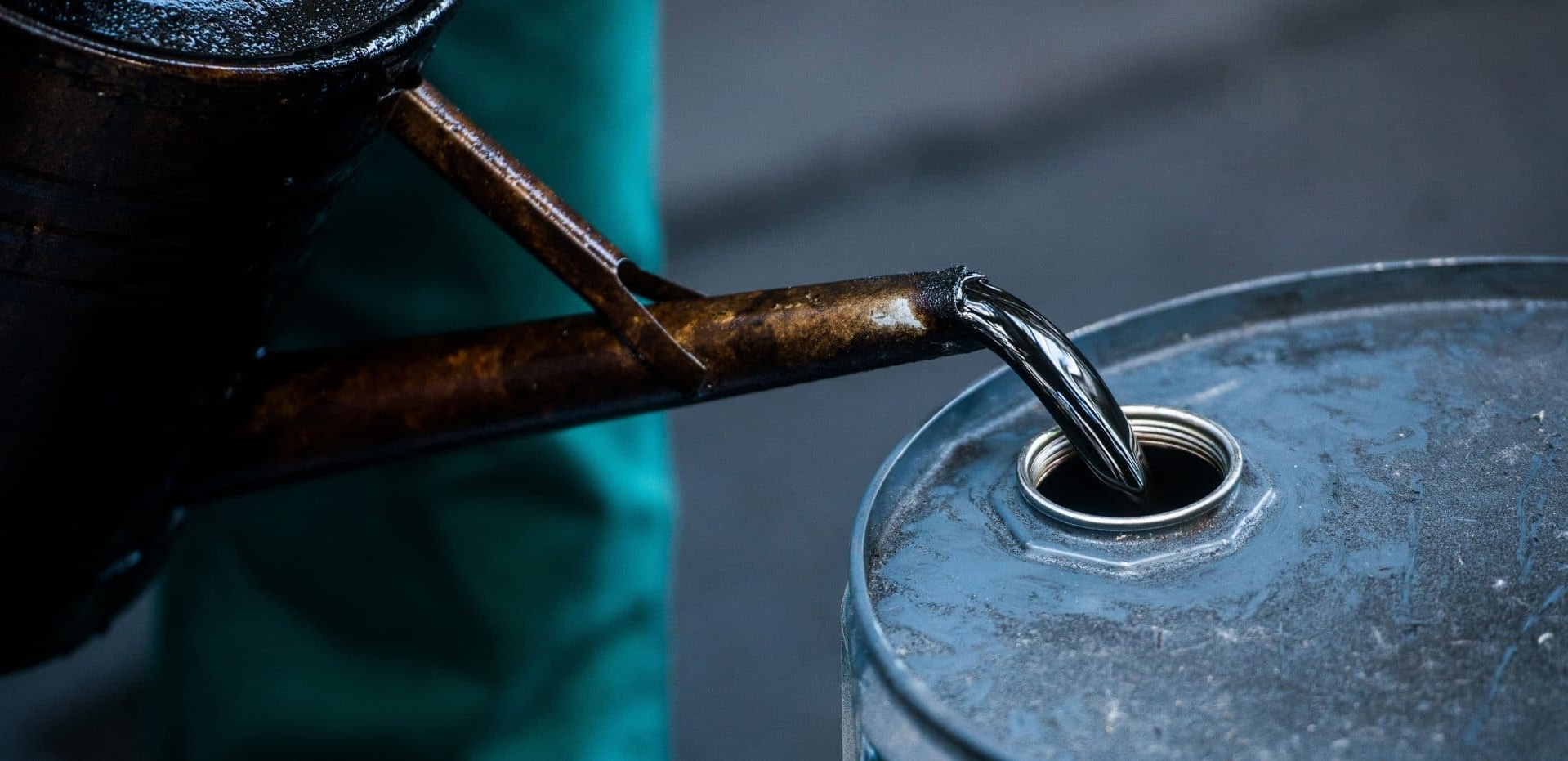Business
Nigeria to boost oil output as drilling resumes in Ogoni land after over 30- years’ hiatus

For the first time in more than thirty years, the federal government and important stakeholders are getting ready to start oil exploration and drilling operations again on Ogoni land, Rivers State, which will significantly increase Nigeria’s crude oil production.
The announcement that oil production in Ogoniland will soon resume, more than 30 years after drilling activities were halted in the region, was made by National Security Adviser Nuhu Ribadu during a presentation at the All Progressives Congress (APC) national summit held in Abuja on Thursday.
Nigeria’s oil production increased to an average of 1.8 million barrels per day in 2025, according to Ribadu, who also mentioned that this progress is part of the administration’s larger accomplishments under President Bola Tinubu.
In light of dwindling investment, vandalism, and deteriorating infrastructure, this represents a significant turning point in the nation’s efforts to recover output.
Although the upcoming restart of oil production in the historically marginalized yet oil-rich region inspires expectations for economic revitalization, it also rekindles worries about environmental safety and community involvement.
An extra 50,000 to 100,000 barrels per day (bpd) from Ogoni could greatly aid Nigeria’s efforts to reach its OPEC output limit (~1.8 million bpd); hence, this discovery will boost Nigeria’s production outlook.
READ ALSO: Nigeria’s crude oil production dips to 1.4mbpd in March, maintains top position in Africa
Although the restart of drilling operations in Ogoni land is insufficient to change global oil prices, it does stabilize Nigeria’s export levels, which traders closely monitor. This could strengthen Nigeria’s standing within OPEC and increase supply reliability.
It will experience FX inflows increase as stronger oil exports result in increasing dollar inflows through the Central Bank of Nigeria (CBN), strengthening the naira.
This may lessen FX scarcity, steady the currency rate, and reduce demand pressure in the official and parallel markets. Since increased oil production translates into better external reserves and greater revenue, which are important factors for creditors, it is also a sign of improved credit risk.
Additionally, it might improve fixed-income investors’ perceptions, modestly reduce Nigeria’s Eurobond spreads, and increase demand for Nigerian sovereign and quasi-sovereign debt (NNPC bonds, state-backed instruments, etc.).
Join the conversation
Support Ripples Nigeria, hold up solutions journalism
Balanced, fearless journalism driven by data comes at huge financial costs.
As a media platform, we hold leadership accountable and will not trade the right to press freedom and free speech for a piece of cake.
If you like what we do, and are ready to uphold solutions journalism, kindly donate to the Ripples Nigeria cause.
Your support would help to ensure that citizens and institutions continue to have free access to credible and reliable information for societal development.




























